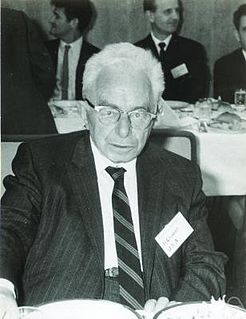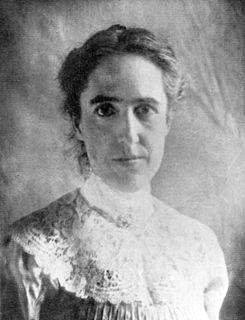A Quote by Richard Courant
Starting in the seventeenth century, the general theory of extreme values - maxima and minima - has become one of the systematic integrating principles of science.
Quote Topics
Related Quotes
The great body of physical science, a great deal of the essential fact of financial science, and endless social and political problems are only accessible and only thinkable to those who have had a sound training in mathematical analysis, and the time may not be very remote when it will be understood that for complete initiation as an efficient citizen of one of the new great complex worldwide States that are now developing, it is as necessary to be able to compute, to think in averages and maxima and minima, as it is now to be able to read and write.
How strange it would be if the final theory were to be discovered in our lifetimes! The discovery of the final laws of nature will mark a discontinuity in human intellectual history, the sharpest that has occurred since the beginning of modern science in the seventeenth century. Can we now imagine what that would be like?







































